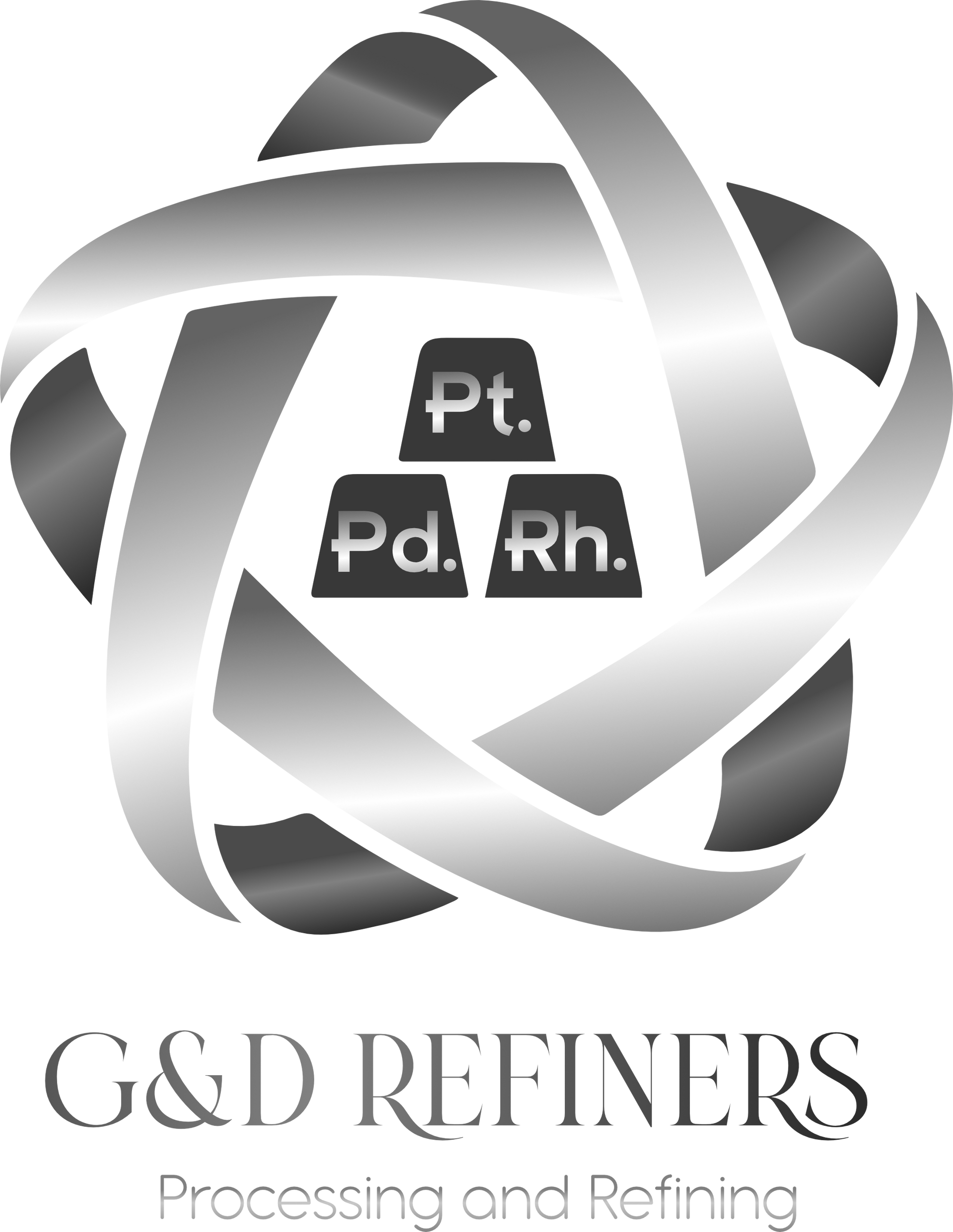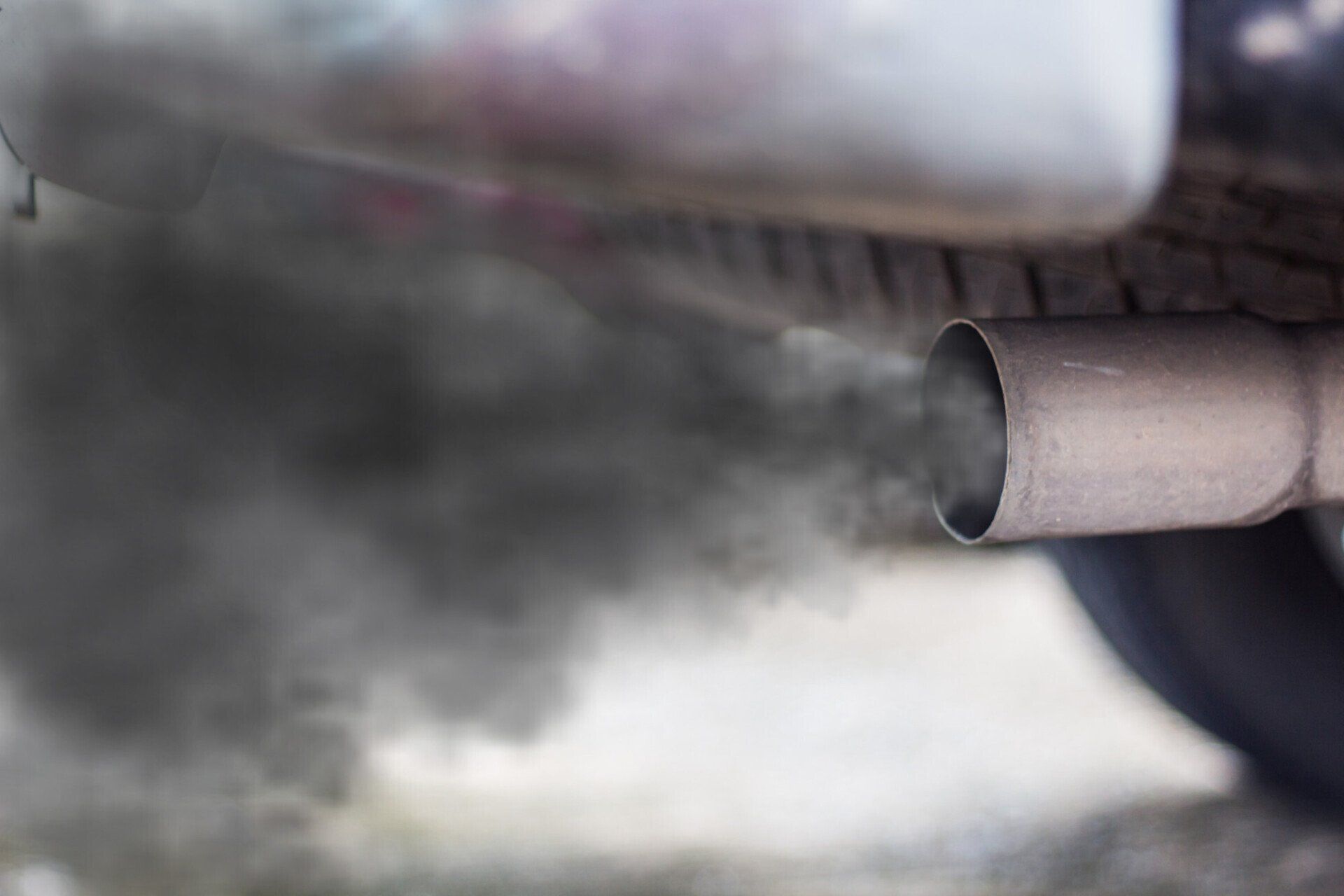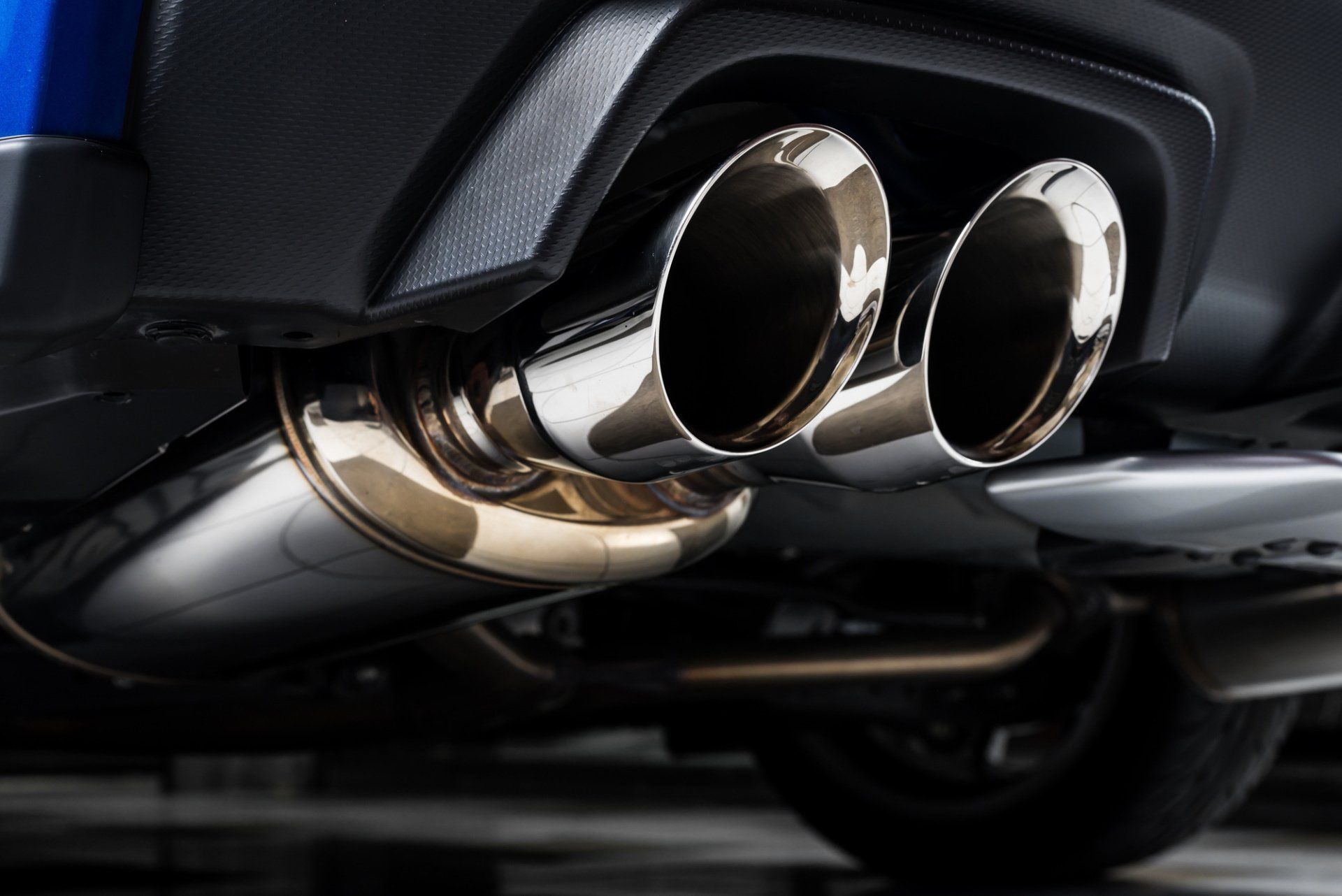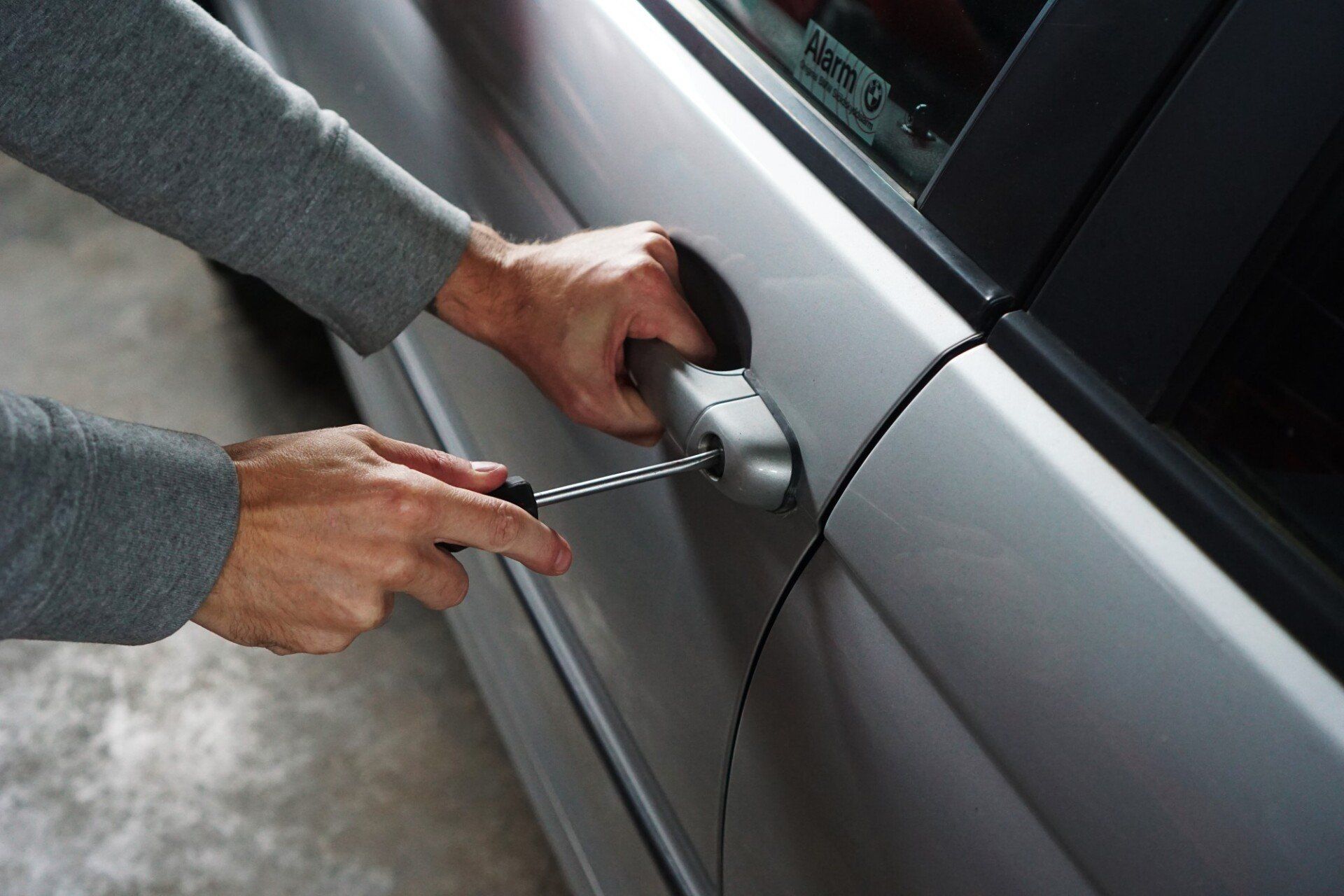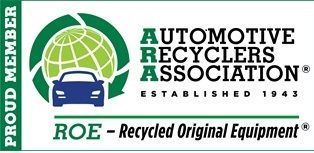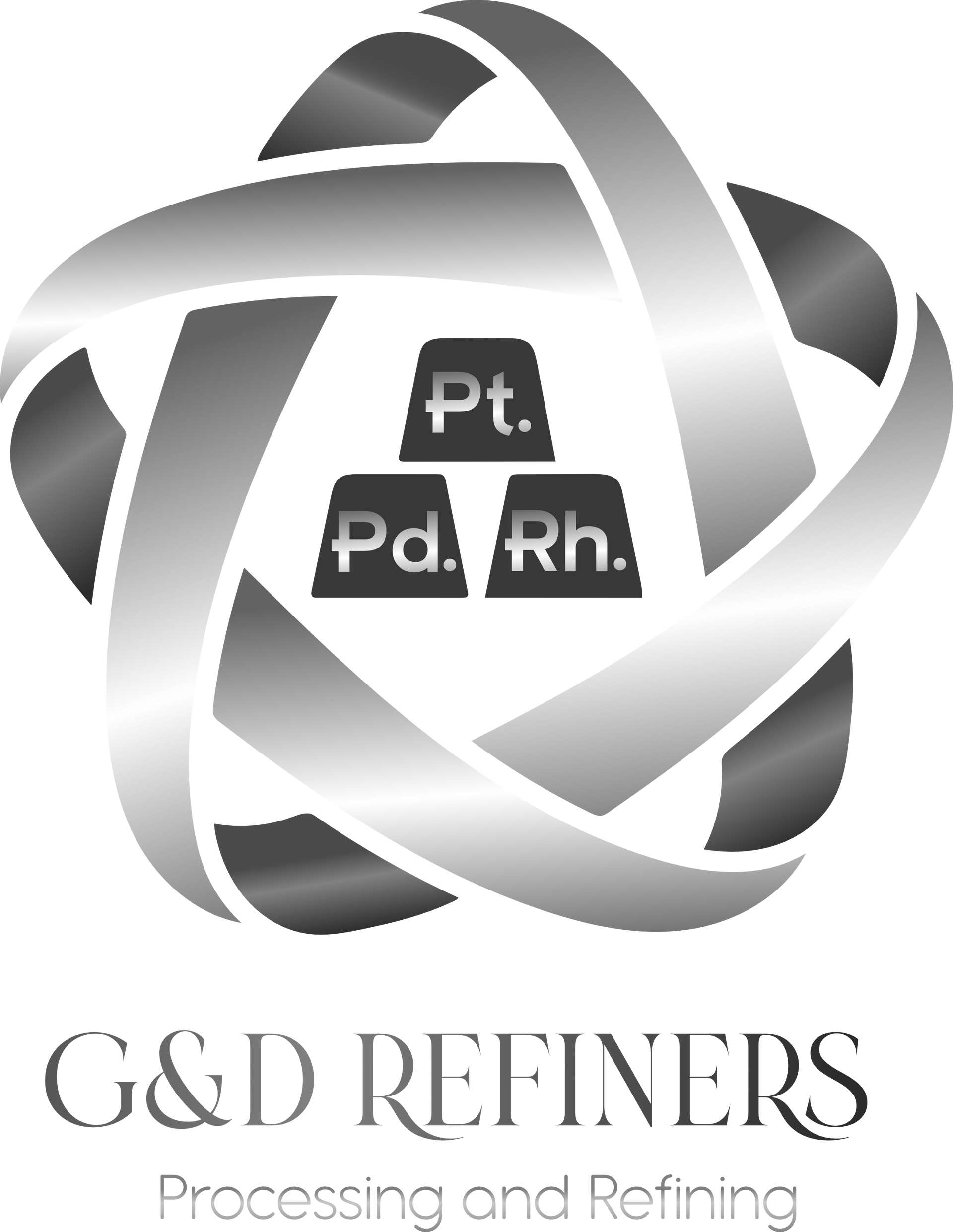Everything You Need To Know About Catalytic Converter Processing
Do you want to know more about catalytic converter processing but don't know where to start? Learn more about how it works here.
Many people don't realize the value of a scrap car. We don't typically think of a car on its last legs as something of much value. We might get a hundred bucks from selling it to a scrap yard, but that hardly seems worth the effort.
In reality, there is a highly valuable component of your car's exhaust system that can prove quite lucrative when processed. It's called the catalytic converter.
Not only are catalytic converters vital to the functioning of your vehicle, but their recycled components are also worth a good chunk of money.
Processing a catalytic converter properly is the only way to get the best price. Proper processing also ensures the catalytic converter gets handled in the most environmentally safe manner.
Here's what you need to know about catalytic converters and where to find catalytic converter processing services in the Pacific Northwest.
What Does a Catalytic Converter Do?
Catalytic converters are emission control devices. The problem with cars is that their engines run on gasoline and diesel, which come from petroleum. Petroleum is made out of hydrocarbon.
When hydrocarbon combines burns and combines with oxygen, it releases a lot of energy. But diesel and gasoline contain huge amounts of harmful chemicals, so when they burn they cause air pollution.
Chemicals from gasoline, like carbon monoxide and nitrogen oxide, form smog. Smog harms the environment and makes the air unsafe for people to breathe.
Because car exhaust systems create so much pollution, we need emission control devices called catalytic converters.
A catalytic converter is a visible metal device coated in platinum that is attached to the underside of your car. It's connected to your exhaust system.
Look underneath your car toward the middle, and you will see the catalytic converter. It contains an input and an output pipe, and is fairly easy to find.
The job of the catalytic converter is to change dangerous chemicals called catalysts into emissions that are less harmful to the environment, like nitrogen and oxygen.
A catalyst is a chemical that speeds up another chemical reaction. The input pipe removes catalysts from the engine and breaks them down, or converts them, before releasing them from the converter.
In the case of car engines, the catalysts they produce are chemicals like nitrogen oxide and hydrocarbons. Converting them into less harmful materials improves air quality and reduces harm to the environment.
Essentially, the catalytic converter splits these harmful chemical particles apart, converting them into different gases, before they enter the air.
Catalytic converters cannot eliminate all air pollution from motor vehicles. But, they do an effective job of reducing it.
What Makes a Catalytic Converter Valuable?
Catalytic converter metal is very valuable. The metals in catalytic converters include platinum, palladium, and rhodium. They are among the most precious metals and account for the most expensive scrap prices.
The catalytic converter price when recycled is really a reflection of the amount of these precious metals you can extract from it.
For example, the value of platinum is around $32 per gram. In addition, the value of platinum has only continued to grow. On average, it has been increasing for the past 20 years.
The value of palladium can vary a little bit more than platinum. Overall, it has not experienced significant decreases in value. These days the value of palladium is $61 per gram and continues to increase.
The value of rhodium has remained stable over the past ten years until recently, when it experienced a significant increase. Now the value of rhodium is as much as $287 per gram.
Best Methods For Processing a Catalytic Converter
Catalytic converter recycling is a precise process. To make the least environmental impact and get the best price for the components of your catalytic, it needs to be done properly.
When you send scrap catalytic converters to a processing service, the catalytic converters go through a unique refining process. The purpose of the process is to extract all of the precious metal components.
Here are the stages required to properly process a scrap catalytic converter.
Removing the Catalytic Converter
The first thing to do is remove the catalytic converter from the underside of the vehicle. The catalytic converter is located near the exhaust system. To remove it, unscrew the bolts or use a saw to cut it off.
It is important to be very careful during the removal process. Sloppy removal jobs will reduce the amount of precious metal that can be recycled. Therefore, sloppy removal of the catalytic will lose you money.
Catalyst De-canning & Milling
The next stage of the refining process is de-canning and milling. De-canning is the removal of platinum from the catalytic converter.
Milling is the name for the process of slicing the catalytic converter into round slices. These slices will be useful when it comes to the sampling stage.
Sampling
Sampling measures the concentration of platinum group metals (PGMs) like platinum, palladium, and rhodium. The process of sampling determines how much of these precious metals the catalytic converter contains.
Smelting
The next stage involves extracting those PGM precious metals. The best method for PGM recovery from catalytic converters is a thermal treatment referred to as pyrometallurgical smelting.
Smelting is the process of melting metal and separating the metal alloy from the impurities. Smelting is the preferred method of extracting precious metals from catalytic, because it delivers the highest recovery rate.
Refining
The final stage of processing is refining. This is where platinum gets separated from all other similar compounds. This is done through processes of dissolution, solvent extraction, cooling, and settling.
Find a Catalytic Converter Processor
Catalytic converter processing is a precise process for removing precious metals from catalytic converters to be recycled. Processing the catalytic converter from your scrap car can be a very lucrative endeavor.
Improper catalytic converter processing can reduce the amount of PGM metals extracted and your profit. For professional catalytic converter processing services in Oregon and Washington, contact G & D Cats today.
